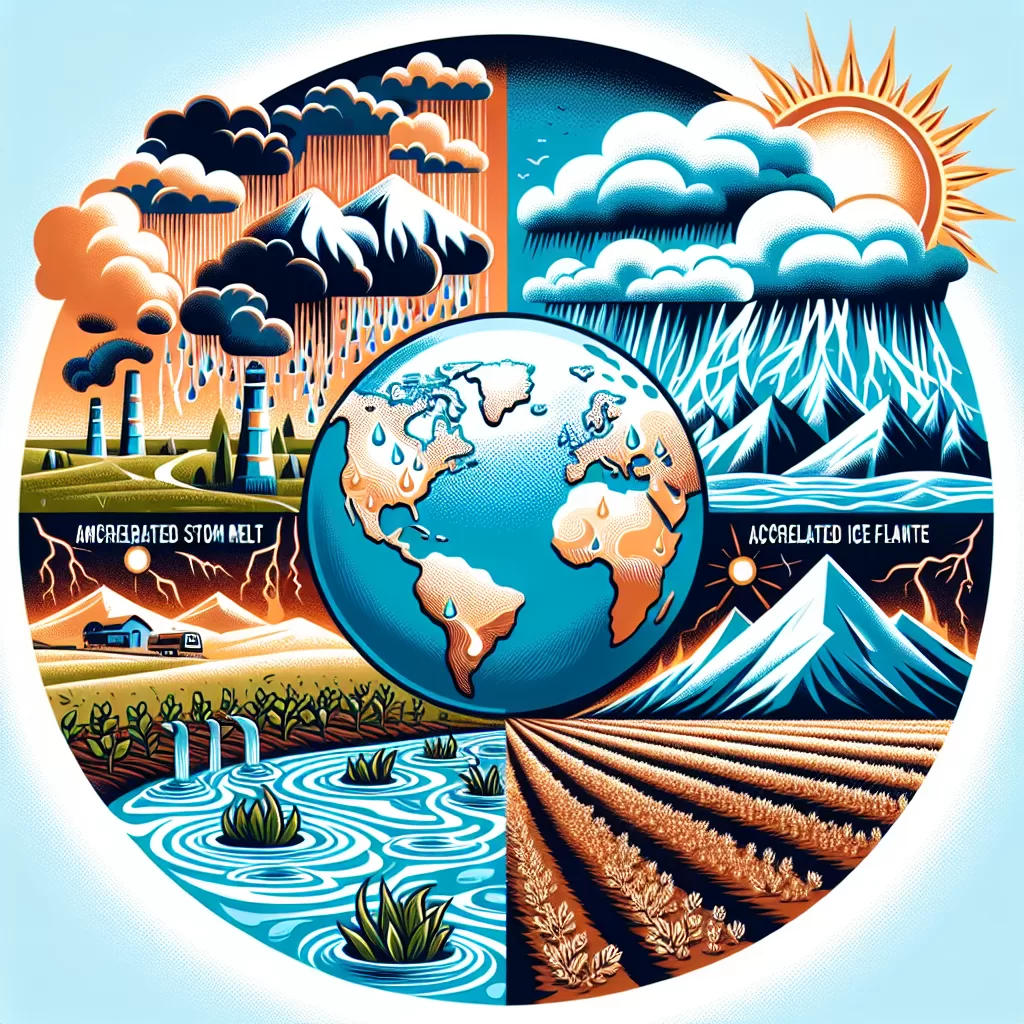Climate Crisis Disrupts Water Cycle, Fueling Disasters
The escalating climate crisis is wreaking havoc on the planet’s intricate water cycle, driving an alarming surge in water-related disasters worldwide. According to a sobering report, natural calamities linked to disruptions in the water cycle claimed over 8,700 lives and inflicted a staggering economic toll exceeding $550 billion in 2024 alone.
Intensifying Extremes Threaten Communities
As global temperatures continue to rise, the Earth’s water cycle faces unprecedented disruptions. Prolonged droughts, catastrophic floods, and erratic precipitation patterns have become the new normal, leaving communities worldwide grappling with the devastating consequences.
“The water cycle is the heartbeat of our planet, and the climate crisis is causing it to become increasingly erratic,” warns Dr. Emily Roberts, a leading hydroclimatologist at Stanford University. “We’re witnessing a vicious cycle where rising temperatures intensify water extremes, which then exacerbate climate change impacts.”
Policy Shift Urgently Needed
Experts emphasize the pressing need for comprehensive climate action and sustainable water management strategies to mitigate the escalating risks. Transitioning to renewable energy sources, implementing nature-based solutions, and fortifying infrastructure resilience are crucial steps in safeguarding communities from the intensifying water-related disasters fueled by global warming.
“Inaction is no longer an option,” asserts Dr. Roberts. “We must act swiftly and decisively to address the root causes of climate change and adapt our water systems to the new realities we face. The human and economic toll of failing to do so is simply too catastrophic to contemplate.”

